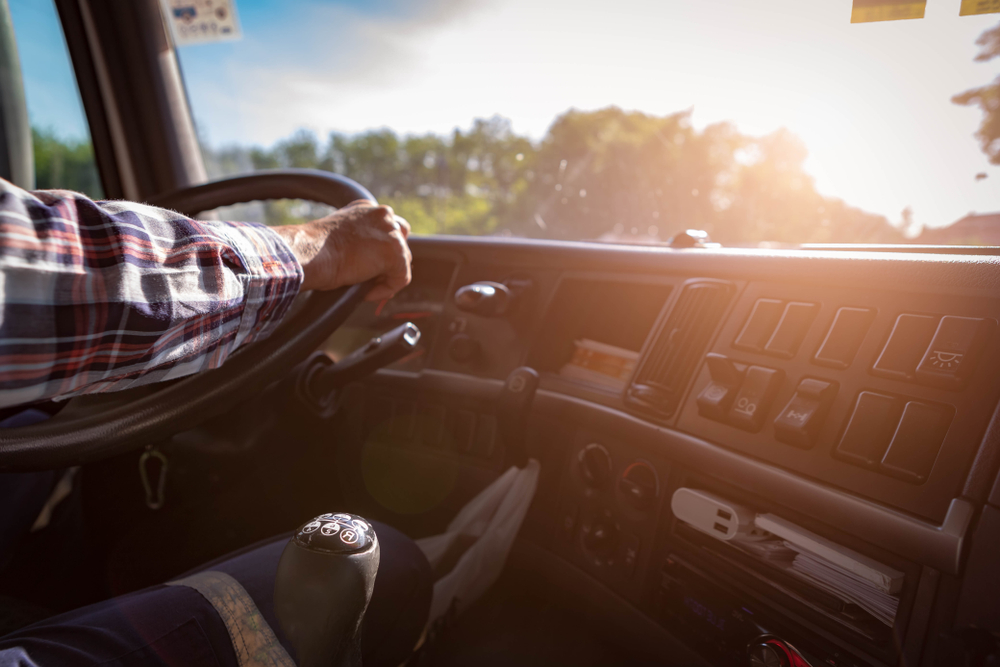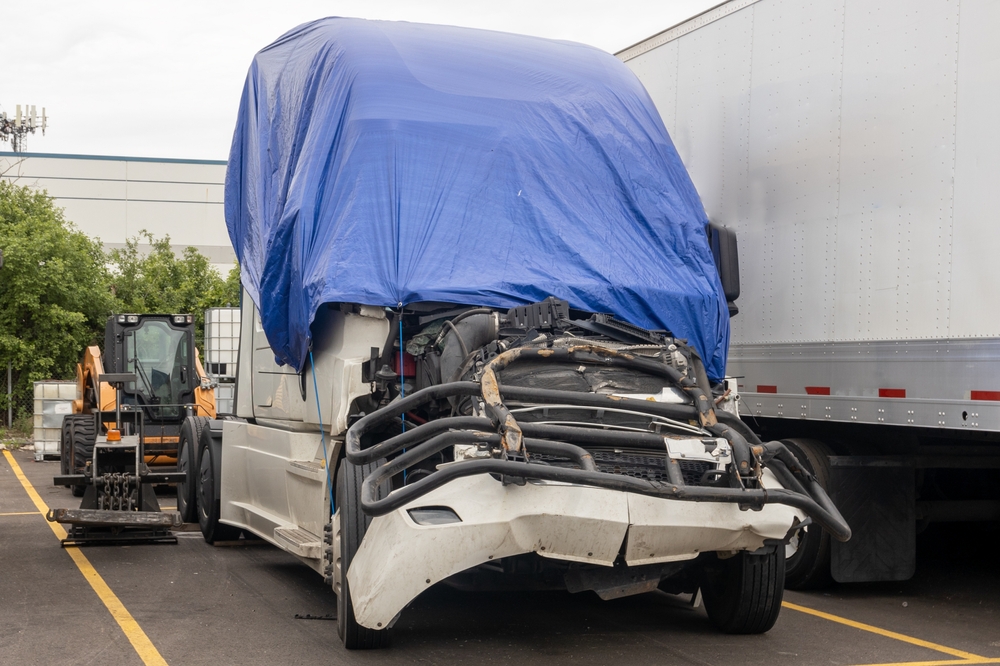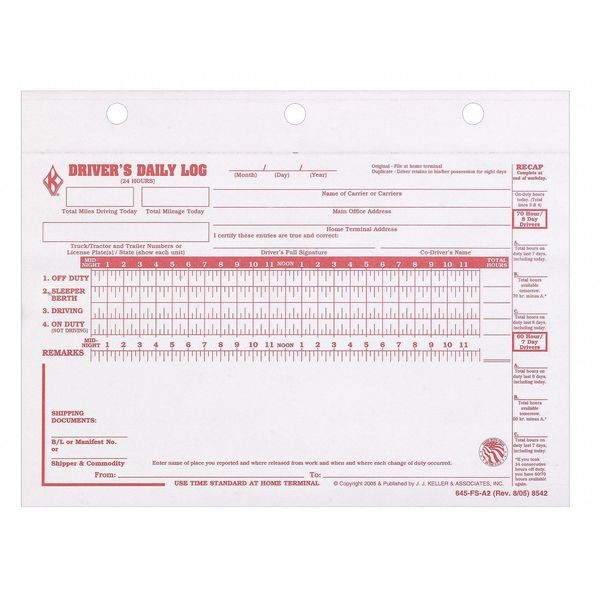When a person has been injured in a truck accident due to someone else’s negligence, they may have the right to recover compensation for their damages.
The most common recoverable damages include medical expenses, loss of earnings, vehicle repairs, and pain and suffering.
In some limited circumstances, the injured person may be entitled to punitive damages in Georgia.
It is important to note that punitive damages, however, are not recoverable in the vast majority of cases.
Courts award punitive damages only in extraordinary circumstances.
A punitive damages award is not focused on compensation for the injured party.
It is, instead, intended to punish the at-fault party.
This award is reserved for when a defendant acts egregiously, such as when they are under the influence of alcohol or drugs at the time of the accident.
Merely violating a rule of the road, like following too closely, can be the basis for recovering common damages like medical expenses and pain and suffering. It is not the basis for recovering punity damages.
An Atlanta truck accident attorney can help you determine whether your case may result in a punitive damages award.
Does My Georgia Truck Accident Qualify for Punitive Damages?
Georgia law says that punitive damages may be awarded when “clear and convincing evidence” shows that the at-fault party acted with:
- Willful misconduct,
- Malice,
- Wantonness, or
- The entire want of care which shows conscience indifference to the circumstances.
Understandably, distracted drivers are frustrating. However, when a truck driver causes an accident through negligence or carelessness, that will not be sufficient to justify punitive damages. Instead, the case will focus on the injuries and damages that the injured person suffered.
Punitive damages are reserved for accidents that involve intentional and/or egregious behavior. Drunk driving is one of the most common reasons punitive damages are awarded after a Georgia truck accident.
Possible Legal Issues in a Georgia Truck Accident
Some attorneys include punitive damages claims in Georgia Truck Accident cases that have no facts to support it. This is not a good use of resources for the client. An unnecessary punitive damages claim will likely increase the expenses of litigation and the time it takes to resolve the case. Most punitive claims will require additional discovery through depositions (sworn statements) which are time consuming and expensive. In addition, there will likely be additional legal proceedings before the Court that increases the time to take the case.
If the punitive damages claim has no real chance of success, it serves only to waste time and money. Punitive damages should only be alleged when there is a real basis for it.
In a Georgia truck accident, this will usually be because (a) the driver was operating under the influence of alcohol or drugs, or (b) there is evidence that the driver acted intentionally. While there are a lot of rules that regulate truck drivers, called the Federal Motor Carrier Safety Regulations, a violation of one of these rules is generally insufficient to support a claim of punitive damages. We know all the federal trucking rules, and we can let you know how they will impact your case.
When to Contact an Atlanta Truck Accident Attorney
Accidents involving large commercial trucks are complex. They typically include serious injuries as passenger vehicles are much smaller and lighter. An injured person could be facing significant medical expenses and months away from work as they struggle to recover.
At Weatherby Law Firm, P.C., we understand how stressful Atlanta truck accidents are. We are here to help you with your claim and ensure your rights are protected. We have an experienced legal team that can make life better for you.
We also know what types of cases have the best potential for a punitive damages award. Don’t attempt to represent yourself in a Georgia truck accident. Contact Weatherby Law Firm, P.C. today to schedule an initial consultation. We will work to build the most persuasive case possible and help you fight for the best settlement possible.










